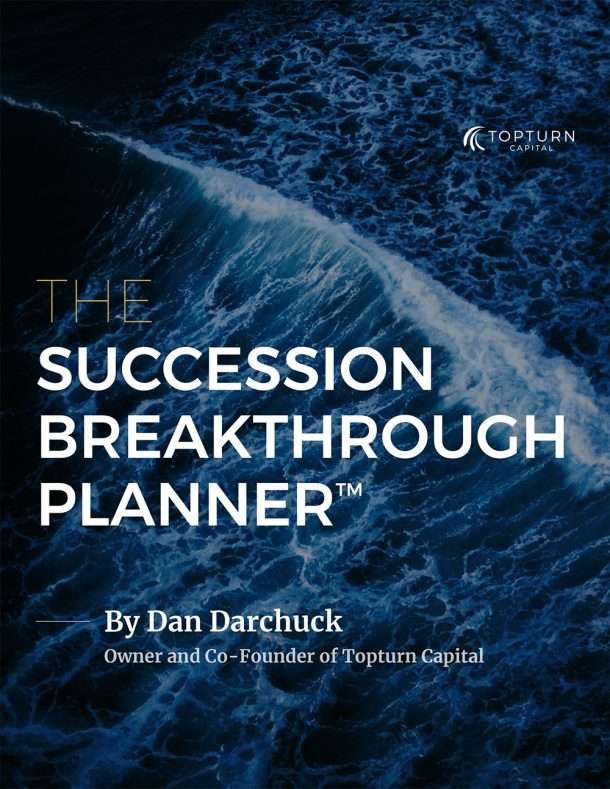A few years ago I accompanied my daughter, then aged 17 to Los Angeles for an audition of the hit TV musical talent show, The Voice. It was an eye opening experience which lasted the better part of a day.
The best description I can give would be that of making your way, with thousands of people, through a giant sieve or sifting device. Our day began at the crack of dawn in a massive line wrapping around the exterior of a convention center in downtown LA. The day of my daughter’s audition, it was quite cold. I remember a fellow offering to go get us some hot chocolate from a nearby corner market. I gave him a few dollars. He never returned. We stood outside for hours. Eventually things begin to progress, but once we finally made our way through the doors of the arena, we were greeted by yet more lines.
Through the initial screening process we were surrounded in line by many, many people, all of whom were vying to become the next Alicia Keys, or in the very least, to end up being coached by her. While waiting, many of the auditioners were warming up their vocal chords, singing lines of the song they were sure would get them a spot on the show. Listening to all of the potential contestants was the part of the experience I found most fascinating. Whether these folks actually believed they had talent, or were merely delusional, I do not know, but I can tell you that the vast majority of them couldn’t carry a tune in a basket.
Perhaps in a similar way, many people dream of becoming entrepreneurs, believing they will build something successful and valuable, and that in very short order, their creation will be purchased by a larger company. The entrepreneur will cash out, and live a life of ease, perhaps becoming an angel investor and replicating that success ad infinitum. They will end up with the business version of a recording contract on The Voice, cash in on a Big Cheque and repeat that success over, and over, and over again.
Does this dream scenario occur? It does, but far less often than media portrayals would have us believe. The truth is that about 50% of small businesses fail in the first four years, and the number of business ideas that fail to ever even get started far surpass that percentage.
Where does that leave us? With a lot of ideas that never make it to becoming a business, and a lot of businesses that never make it into their 5th year.
The few who build successful, long-lasting enterprises are rarely the creators of some novel technology that ends up being purchased by a massive conglomerate. The reality of business and wealth sustainability is a very different story indeed, as most of the “overnight” success stories I have encountered in my work with wealth creators have been 10, 20 or 30 years in the making (10 being the exception).
Are there common denominators? In my observation, yes. While each effective business owner may create in a different industry, at a different time, and in a different way, there seem to be three things that they generally all – at some point in time – come to grips with:
The First Thing…
Mastery
The eventual winners are careful to protect the enterprise they’ve created. They continually refine their processes and product, and they are very tuned in to their people. When they do use debt, they do so conservatively. They structure their business in a way that allows maximum control – until they are ready to relinquish it.
They are generally excellent students of their industry, and of teamwork, and they master doing exactly what they do in an extremely profitable way. Mastery of your business is a key fundamental. If you don’t have this first point handled, you don’t get to move on to points two and three.
The Second Thing…
Vision & Structure
Whether the owner’s vision is to eventually exit and get off the treadmill, or to build a machine that continues to run, on their own terms, for as long as they like, it is imperative that they have a structure that allows them to keep as much of what they are generating as possible.
Successful wealth creators (especially those that live in high-income-tax states) are painfully aware that every dollar earned begins life as a “subsurface” dollar. While you may generate one dollar, you get to keep and earn a return on only a percentage of that. Because of the tax bite, you start the growth process subsurface, and it can take several years of average appreciation just to get that one dollar back to where it started in terms of value.
The degree to which a business owner can protect their money, by shielding it from excessive taxation, can have everything to do with accelerating him or her towards their own Big Cheque.
For most this is about strategy and structure. However, one structure does not necessarily fit all business owners. You could have ten different people with ten different businesses in the same room, and there may be a different strategy for each, because their temperament, experience, background, and priorities are all different. What’s important to all of them, however, is making sure that every dollar they generate is as tax-efficient as possible.
And Finally, the Third…
Invest Intelligently
Once above-the-surface dollars are being accumulated it is all-important that investing take place in such a way that you don’t have to go back to square one and start over again. A single, highly speculative investment opportunity, may have massive upside potential, but you can bet that it will be inextricably linked to a downside that could see the investor losing every cent they’ve contributed to the idea.
While some wealth creators may have enough money to shoulder that risk, most are smart enough to realize that the Midas Touch exhibited in their business may not necessarily translate to their other investments. The enlightened wealth creators are those with a touch of humility, who have said to us, “I don’t ever want to go back to work again.” Those investors want to prevent big losses, and stay on the right side of big moves.
Staying on the right side of the big moves might involve investing in larger companies that have figured out the First and Second Things, or perhaps seeking returns in unexpected places by investing in assets that no one else has shown interest in. It may also mean taking your foot off the gas pedal when everyone else is frantically trying to speed towards the finish line.
In all scenarios, creating and protecting wealth is of the utmost importance. To do otherwise might leave you standing in the cold, surrounded by the voiceless masses, waiting for the guy to return with the cocoa.
For the record, my daughter didn’t quite make it onto the show, but she did get a chance to sing, and she sounded great.
– Dan Darchuck, CEO


